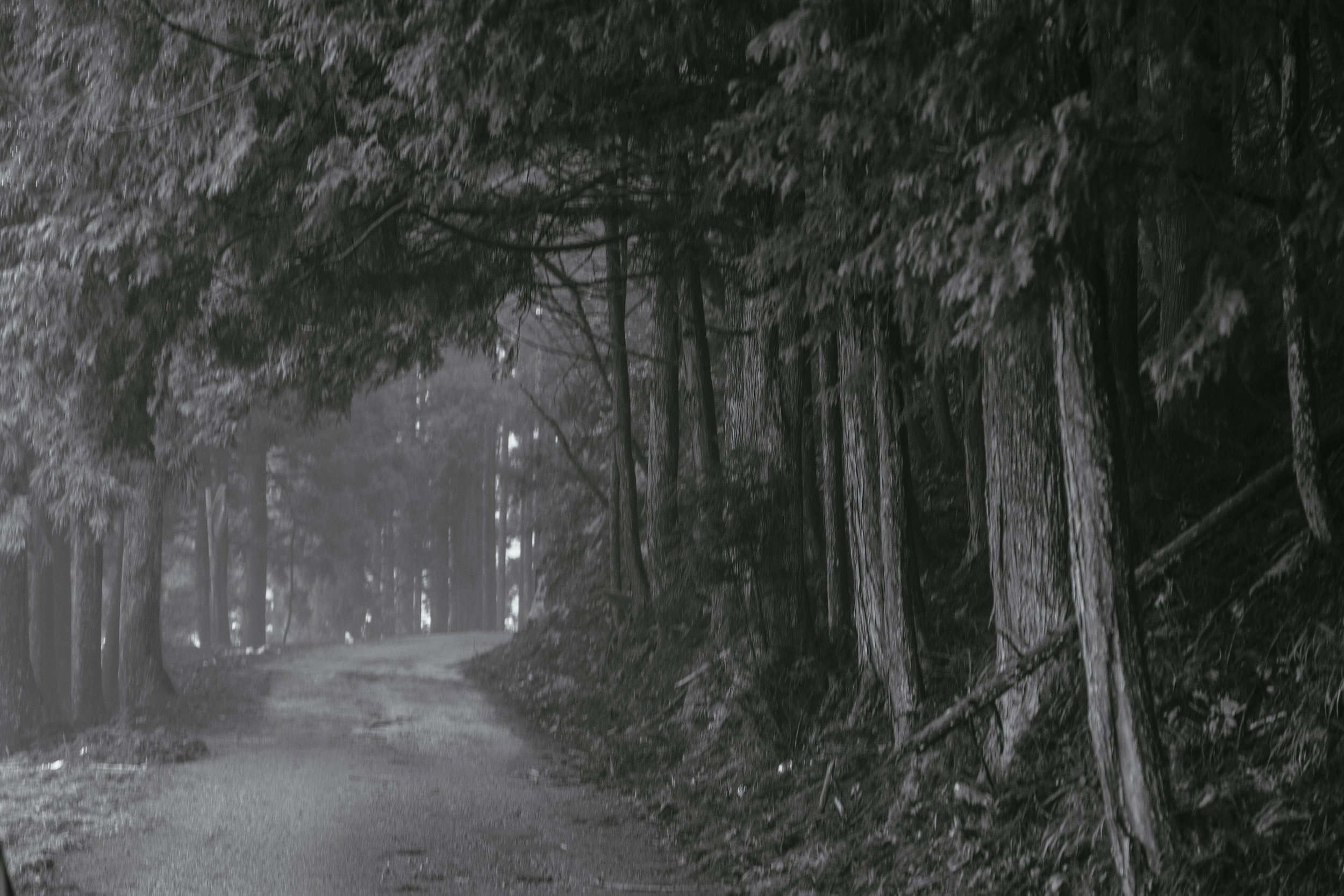Kazy's Country
By Carolyn Oei, 07 March 2017
FRUGALITY AND SIMPLICITY
The word ‘frugal’ is often misunderstood to mean ‘miserly’. Even if correctly understood, it does carry the burden of negativity. The dictionary also suggests this!
Of all the possible synonyms for the confounded ‘frugal’, “not wasteful” stands out and is perhaps the most relevant to our plight today.
According to National Environment Agency figures, Singapore in 2015 disposed of more than 760,000 tonnes of plastic but recycled only 7% of that. Singapore also throws out a tonne of textile waste every five minutes and 92% of it is incinerated because there isn’t a textile recycling plant.
Ours is the age of “buy and throw away”. Why? Because we’ve lost the plot.
And now that Donald Trump really is President of the USA, it would seem that there’s even less hope for the environment.
Yet, pockets of sanity exist and these keep the world from imploding.
Quite aside from those in the public eye such as Sir David Attenborough, Jane Goodall or Ria Tan of Wild Singapore, Nature’s champions include farmers around the world who aspire towards sustainable practices, animal rights activists, conservationists, educators, religious leaders as well as our grandmothers and mothers who patch up clothes and shoes several times before condescending to eventually throwing them out. “Still can use! Don’t throw!” continues to ring in my ears to this day.
MENDING THE DISCONNECTION
At the heart of this global disposable culture is a serious disconnection between mankind and Nature.
Kazuyori Okude felt this disconnection acutely while working as a sushi chef in London in the 1990s. It was then, he says, that his values changed.
Kazy-san, as he’s affectionately known, and his wife, Rumi, run a bed and breakfast in an area called Nakano-cho, which is home to about 65 people, half of whom are aged 80 and above. The little hamlet sits in the remote village of Kuta, 400 metres above sea level in the outskirts of Kyoto. The journey door-to-door from Kyoto train station to Kazy and Rumi takes about two hours; just under an hour on the train from Kyoto to Katata and then another hour by road from Katata to Cuisine Ryokan Okude (or, as we lazily call it, House Okude).
Kuta, Kyoto Prefecture, could not be more different from Kuta, Bali.
Photos: Marc Nair
“When I decided to buy this house and the land about 15 years ago, everybody thought I was crazy. ‘Who will come?’ they said. ‘Monkeys? Deer? Bears?!’”
Kazy’s eyes light up as he recalls this and lets out a laugh that comes straight from his belly. The man wears authenticity on his sleeve.
His is a modest homestead, the focus being organic subsistence farming. Income is made from the mochi and soba-making classes he conducts for guests, educational tours that he runs for students and rental from the bed and breakfast. Rumi also works part-time at the local community centre.
(Photos: Marc Nair) Top: The guest house was once, some 200 years ago perhaps, a samurai's house. No double glazing because samurai were hardy. Bottom: Kazy walks Saburo (nose buried in the snow) past Kazy's deer trap.
(Photo: Marc Nair) The Okudes keep two working dogs, a concept that most city folks aren’t accustomed to. Saburo and Koota (pictured) sleep outside, hunt with Kazy and they don’t wear booties.
Kazy has a hunting licence that permits him to hunt the wild deer that roam the cedar forests, but not the bears. He explains, “Shiga bears can shoot, Kyoto bears cannot shoot.”
Within half a day at House Okude, it becomes evidently clear that composting, reusing and/or recycling materials such as plastic and glass and eating well but simply are core values for the Okudes. Our meals, for example, were filling and extremely tasty, but neither overbearing nor wasteful. Perhaps Kazy’s experience as a chef honed his skill for knowing when enough is enough.
Photos: Marc Nair
It was also extremely easy to speak with Kazy. His good command of English aside, he was a kindred spirit and our conversations ranged from why we must try to live more simply and the need to conserve natural resources to the joys of a solid Japanese whiskey on a wintry evening.
He stopped at the one glass but the glint in his eye betrayed a more wayward youth. When I asked about his older son and why he wasn’t working on the farm with Kazy like the younger Koji was, Kazy replied, “He’s working in the city as a carpenter. He prefers the city. He’s young and likes his city life and…”, flashing a broad smile at the bottle of Suntory on the table, “his whiskey!”
POCKETS OF URBAN HOPE
Even as urbanites like us continue to covet the connected existence that Kazy and his family have with their land, certain favours exist in our cities to keep us vicariously happy and safe from complete and utter despair.
Take hyper-urban Singapore, for example, where practically all land, particularly forested land, either belongs to the government or is controlled by it or will one day be acquired by it. There are objectively far too many shopping malls than Singapore needs and it is no wonder that not more land is dedicated to farming and nature.
Yet, pockets of hope persist. With no real rural areas to speak of, a dogged few keep alive dreams of moving towards more sustainable ways of living. Enter companies and projects including Fire Flies Health Farm, Edible Gardens, Ground-up Initiative and Carbon InQ that shine brightly with promise; promise of a greater connectedness to the Earth that we treat like shit.
Alexius Yeo, founder of Carbon InQ, is a landscape artist and urban farmer who, like us, doesn’t know where to begin when trying to articulate his despair about modern Singapore society.
He is only able to splutter phrases such as, “So many shopping malls”, “all this food waste” and “disposable cutlery and utensils…argh!”
But things are a little clearer when he talks about why he does what he does.
“I believe that many modern day problems find their beginnings in the lack of connection and sensitivity we have, individually and collectively, to our natural systems and to one another. We waste food because we've never tried growing them and waiting for them to ripen. We believe stereotypes and are suspicious of others because we've never shared a meal with them.”
Alexius started Carbon InQ in April 2014 as a nature-based education company with a focus on introducing subjects such as permaculture to urbanites. Then, in December 2014, a more experimental neighbourhood farming project took shape with the aim of building a community of nature enthusiasts grounded in the spirit of sharing.
Alexius elaborates, “Free-admission workshops and potluck sessions help equip members with agriculture knowledge so that they can start growing their own food at home. Members are then encouraged to share 33% of whatever they can produce with someone they do not yet know well. Through this simple process of learning, communal eating and sharing our own produce, the community has grown into a community of over 200 members from various backgrounds and professions.
Today, the collective effort of Project 33's community has made many meaningful projects possible, the latest being the establishment of the Centre for Nature Literacy and Enterprise (CNLE) at the National University of Singapore. The project is a work-in-progress but already boasts a modest garden that students and Project 33 volunteers help to maintain.
Whilst Singapore might be far away from self-sufficiency and Kazy’s country, sustainability concepts do seem to have made some headway; at the very least, eco-friendly messaging is making headlines in the mainstream media.
And if there’s one thing that we could ask for, it would be this: Stop building them shopping malls.
Photos of Ground-up Initiative's Kampung Kampus: Carolyn Oei


















